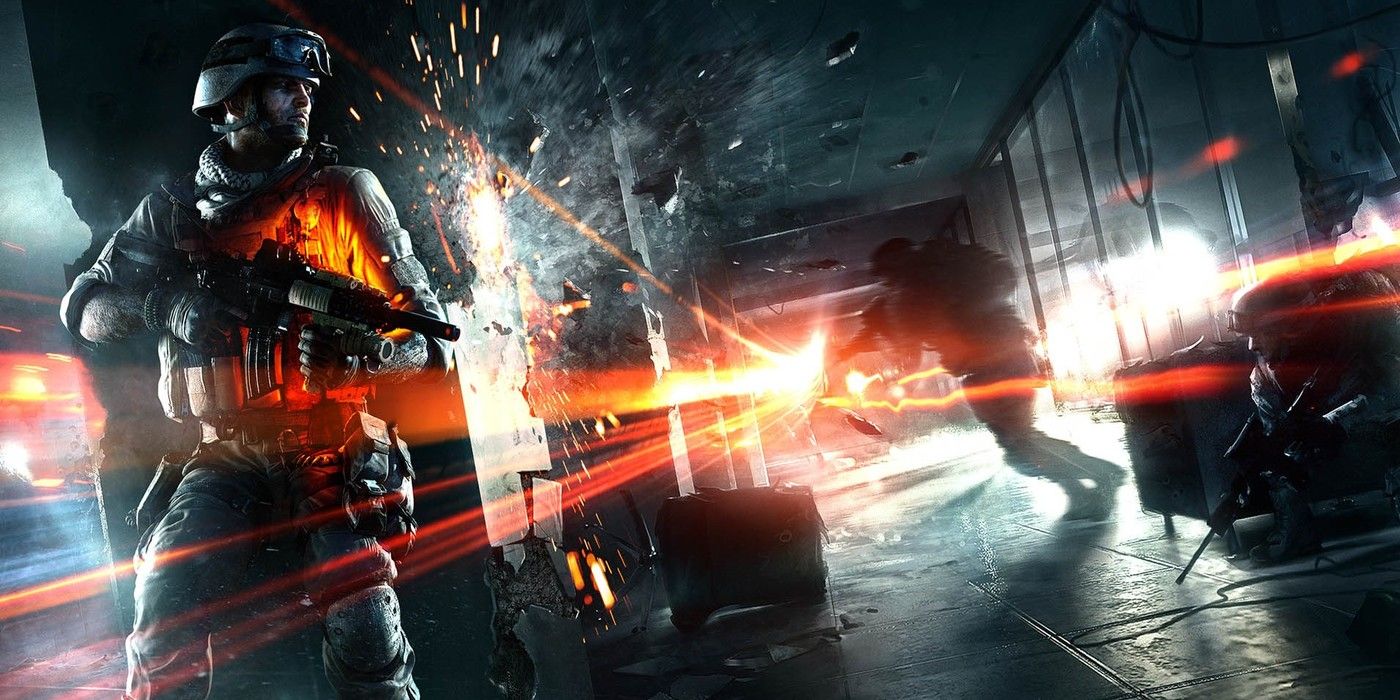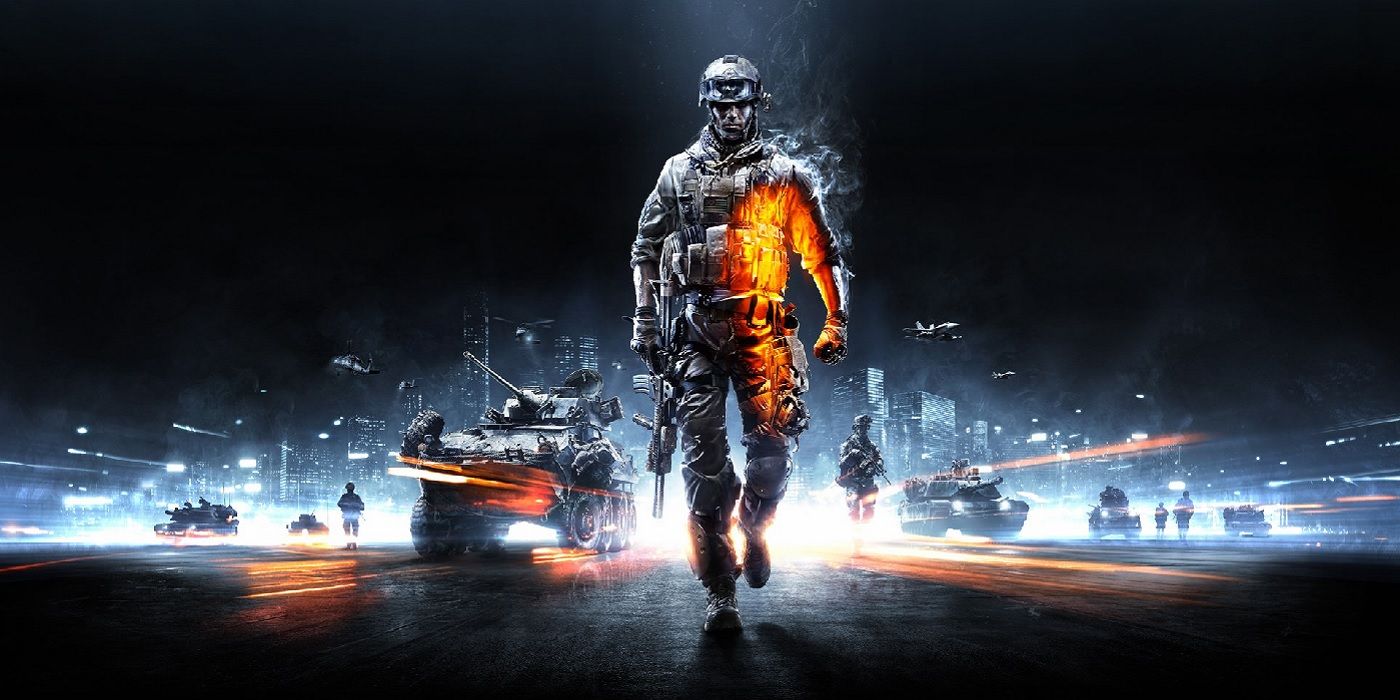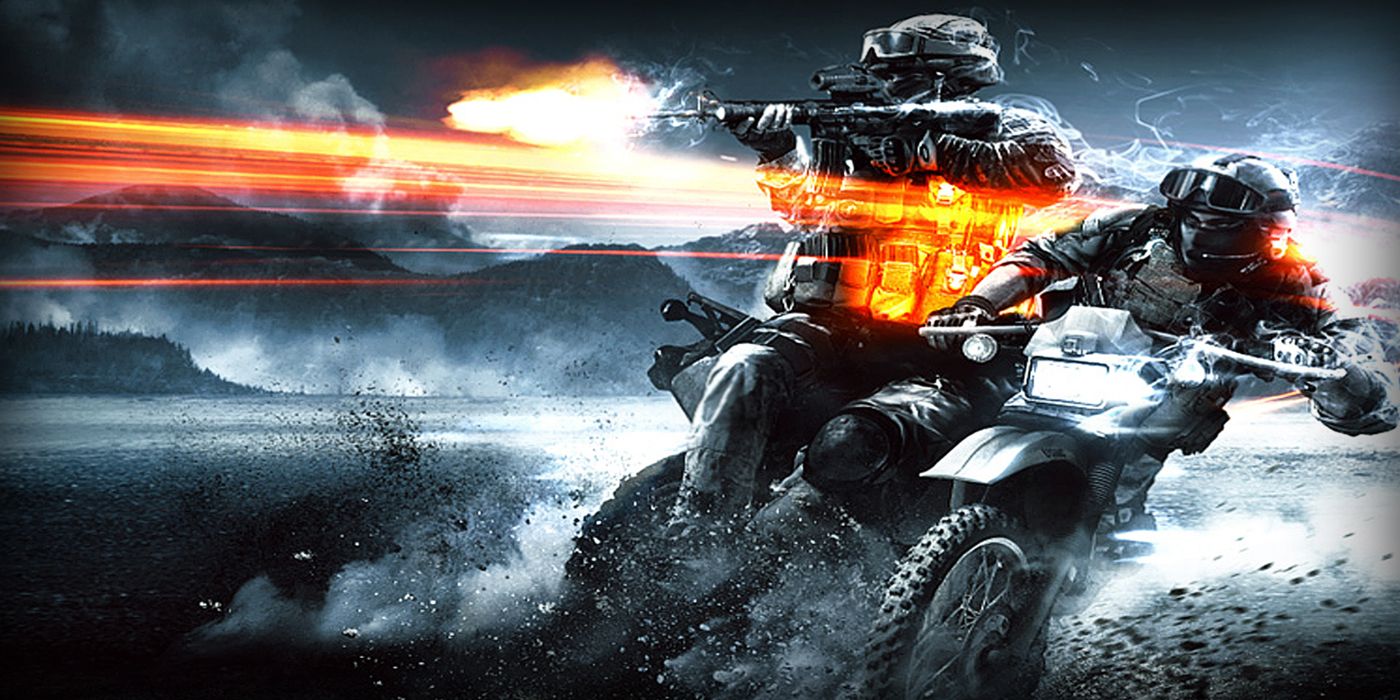
Battlefield 6 is still several months away, and though EA has revealed no official information apart from its release window, several alleged leaks and rumors about the project have been shared. With a World War 3 setting, 128 player multiplayer, and a battle royale game all supposedly on the table, there is plenty to be excited about regarding the sequel. However, perhaps the most exciting bit of information leaked thus far is that the game will be taking inspiration from Battlefield 3.
Battlefield 6 looking back to a game that is widely regarded as the peak of the series is promising for several reasons. While it was interesting to see the Battlefield series bring World War 1 to life, and take a shot at interpreting World War 2, it is hard to top the winning combination of large-scale warfare and the modern era. However, Battlefield 3 is remembered fondly for more than just having an appropriate setting, and Battlefield 6 can find success by reintroducing several things from the classic FPS.
RELATED: Why Battlefield 6 Should Skip The Campaign

While DICE supposedly has big ideas for Battlefield 6, not everything needs to be new and ambitious. Battlefield 3 boasted features that worked incredibly well, with the game's take on the "Rush" mode being one of them. Tasking one team with the defense of two M-COM stations, and the other team's goal being destroy the two stations, the mode was simple enough. Attacking players had a limited number of lives or “tickets,” and if the team on defense wiped them out, the match would be over.
What makes this Battlefield game mode so unique is what happens when two M-COM stations are destroyed. After the stations are down, the attackers move forward to the next set of stations, with the team on defense forced to retreat and set up in a new position. This design decision made Battlefield's maps feel alive, growing larger and changing up the layout as teams progressed. Taking players through several unique and decently sized arenas, every Rush location offered diversity and a gameplay loop that was built on strategy and map knowledge.
While Rush exists in other Battlefield entries, it hasn't really been close to the level of quality that was seen in Battlefield 3’s version of the mode. While Conquest is what made Battlefield what it is, maps were seemingly made with Conquest and similar modes in mind, instead of Battlefield 3's even split between Rush and Conquest-focused locations. While Battlefield 6 having massive maps and high player counts is an exciting rumor, these locations need to be fun to play on for more than just Conquest players. The classic Rush style needs to return, and Battlefield 3’s maps are a clear example of why.
Another reason fans love Battlefield 3 so much is its map design, which goes hand-in-hand with the well-designed Rush game mode. Iconic maps like Operation Metro had an incredible flow to them, as players began in a park, pushed through subway tunnels, and eventually ended up in the city. Each area of Operation Metro offered different levels of verticality and unique choke points, making some areas more or less advantageous to certain playstyles.
Another standout map called Damavand Peak saw players leaping from a massive mountain halfway through the match, with attackers and defenders parachuting down as helicopters followed. Without the old Rush flow, newer maps lack these special, cinematic moments, making Battlefield 6's possible return to this style very promising.
RELATED: Predicting Battlefield 6's Official Reveal and Release Date

Aside from taking a Battlefield 3 approach to map design, instead of the unfocused areas of recent games, a major quality of life decision would be bringing back the Battlelog. Back during Battlefield 3’s peak, "Battlelog" was both a forum for players to discuss the game, as well as a detailed stat tracker. Though it was used in Battlefield 4, with the stats portion integrated into the game itself, the system was abandoned completely ahead of Battlefield 1’s debut.
However, with rumors suggesting the Battlelog could be returning in Battlefield 6, DICE may have realized how useful the feature was — and how integral it was for the game experience. Aside from players using the website for team ups, clan building, and discussion of the game, being able to track progress via Battlelog was an excellent tool for dedicated fans. Players could see leaderboards for several categories, how they were performing with each weapon/class, and much more. With Call of Duty: Warzone fans seeking unofficial third party stat trackers, there is clearly interest in a Battlelog-like system. DICE has the perfect chance to bring it back for Battlefield.
The final thing that set Battlefield 3 apart from later additions was its DLC setup. While Battlefield Premium was an interesting system, and free content for Battlefield 5 was a welcome change of pace, the expansions of Battlefield 3 worked so well because of how different they were. The excellent Close Quarters expansion focused purely on Infantry play, with Call of Duty-sized maps highlighting how strong Battlefield 3’s boots on the ground combat was. The Armored Kill expansion did the opposite, giving fans of vehicle-based action some content aimed directly at that playstyle.
The Aftermath expansion served as a mixture of both styles, introducing unique weapons like the crossbow and giving all classes a special design — capturing the feeling that players were fighting in the back half of a war. The End Game expansion rounded out the DLC by focusing on new features like motorcycles, giving Battlefield fans entirely different experiences to keep playing post-launch. Battlefield 6 continuing the free DLC plan of Battlefield 5 would be great, but there's no reason that content can't be shaped into certain themes again. Adopting a system like the content seasons in Call of Duty, DICE could deliver periods of content aimed at all playstyles.
Battlefield 3 worked so well because it embraced more than the traditional Battlefield player. The game was not afraid to challenge Call of Duty and other FPS juggernauts by adopting close quarters gameplay, whilst also providing more content that made the series so popular in the first place. Conquest and modes like it were not treated as the only thing worth building around, and maps were designed around flowing well, as opposed to being massive playgrounds. On top of that, players had a place to gather and share their love for Battlefield while also figuring out how to improve at the game.
If Battlefield 6 is truly inspired by Battlefield 3, DICE will be adopting a similar philosophy in its creation — and this outlook could help make for the best Battlefield game yet.
Battlefield 6 is currently in development.
MORE: Battlefield 6: Time Periods and Settings It Should Not Use

